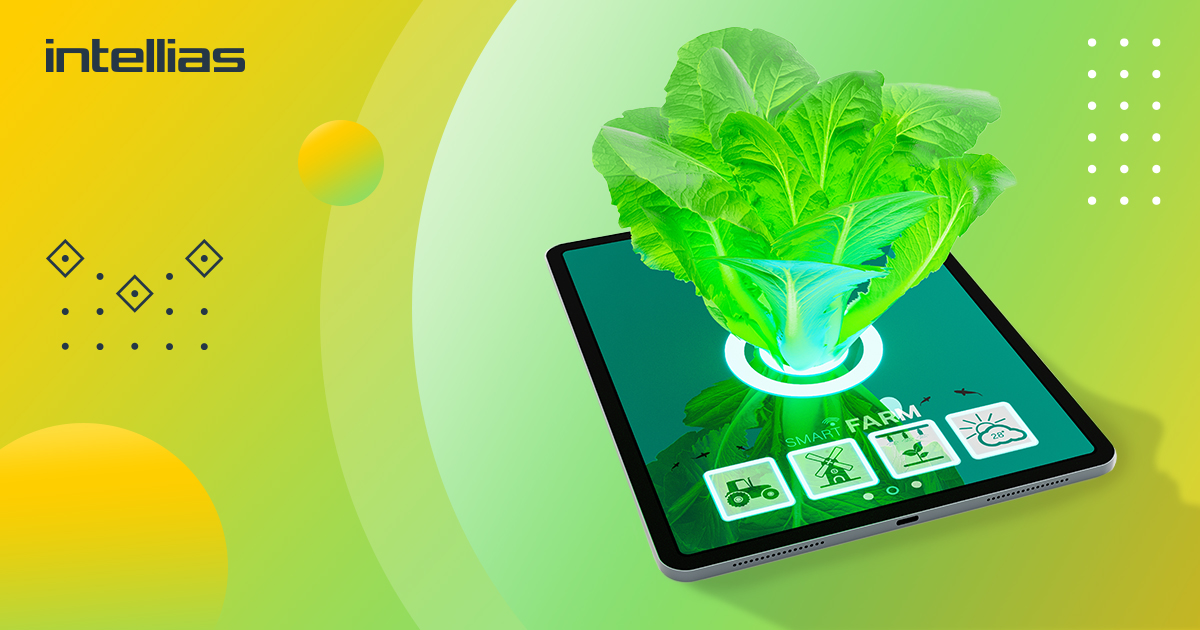AI in Agriculture: Improving Efficiency and Sustainability

AI in Agriculture: Improving Efficiency and Sustainability
The world's population is constantly growing, and with it, the demand for food is also increasing. In order to meet this demand, the agricultural industry is facing great pressure to produce more food while also reducing its environmental impact. This is where Artificial Intelligence (AI) comes in.
AI technology is becoming increasingly popular in the agriculture sector, as it has the potential to address many of the challenges faced by farmers today. With its advanced algorithms and machine learning capabilities, AI can help improve efficiency, reduce labor costs, and promote sustainability in agriculture.
Improving Efficiency
One of the key benefits of AI in agriculture is its ability to analyze vast amounts of data and provide valuable insights. This enables farmers to make more informed decisions about their crops, such as when to plant, water, and harvest. By using AI, farmers can optimize their farming practices and increase their yield, ultimately leading to higher profits.
Another way AI improves efficiency is through its ability to automate certain tasks. With AI-powered machines, farmers can save time and reduce labor costs by automating routine tasks such as planting, fertilizing, and harvesting. This allows farmers to focus on more complex and strategic activities, improving overall productivity on the farm.
Promoting Sustainability
With the growing concerns about climate change and the depletion of natural resources, sustainability has become a top priority in the agricultural industry. AI technology can help farmers make more sustainable decisions by providing them with data and insights on various environmental factors that affect their crops.
AI-powered sensors and drones can collect data on soil moisture, nutrient levels, and weather patterns, allowing farmers to make informed decisions about irrigation and fertilizer use. This not only helps reduce waste and improve crop quality but also promotes sustainable farming practices.
The Future of AI in Agriculture
As AI technology continues to evolve, its potential in the agriculture sector is limitless. In the future, we can expect to see even more advanced AI-powered machines and systems, such as fully autonomous tractors and robots, that can handle all aspects of farming from planting to harvesting.
Moreover, AI can also play a significant role in precision agriculture, where crops are treated individually based on their specific needs. This approach not only improves efficiency but also reduces the use of pesticides and fertilizers, leading to a more sustainable and environmentally-friendly farming process.
In conclusion, AI technology is revolutionizing the agriculture industry by improving efficiency and promoting sustainability. With its ability to analyze data, automate tasks, and make informed decisions, AI is helping farmers meet the growing demand for food while reducing their impact on the environment. As technology continues to advance, the future of agriculture looks brighter with the help of AI.
Image by stevepb from Pixabay



